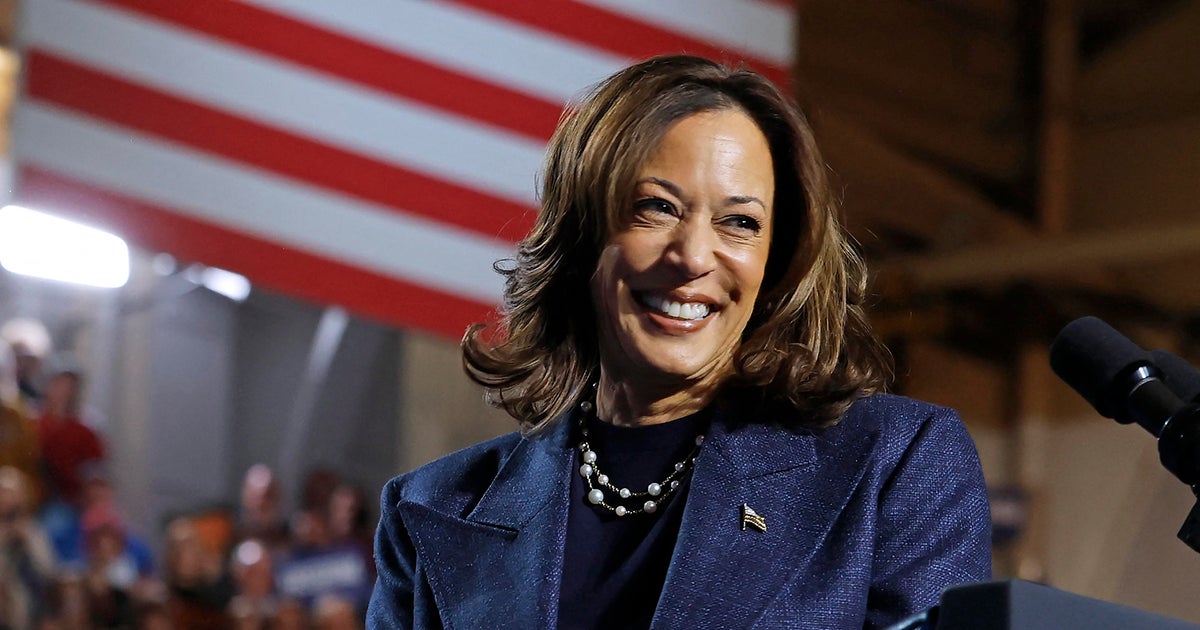More Than 300 Afghan Refugees May Soon Be Resettled In Minnesota
MINNEAPOLIS (WCCO) -- While tens of thousands of Afghans on military bases await resettlement in the United States, local officials say they expect more than 300 of those who escaped Kabul to be placed in Minnesota in the coming weeks.
A spokesperson for the Minnesota Department of Public Services said in an email to WCCO-TV that local administrators have been advised that up to 65 Afghan Special Immigrant Visas and at least 275 additional evacuees may soon be resettled in Minnesota.
Already, more than 60,000 evacuees have arrived in the United States since the Taliban retook control of Afghanistan following the U.S. withdrawal from the country last month, which marked the end of a two-decade military engagement. The evacuees are being held on military bases, like Fort McCoy in western Wisconsin, where up 13,000 refugees may be housed. Many evacuees are also being held at U.S. bases overseas.
RELATED: Former Afghan Describes Danger Educated Girls Face There
At the bases, the evacuees are undergoing medical screenings, which are currently being hampered by a reported measles outbreak among new arrivals fleeing the Taliban. In response, the refugees are being vaccinated against the contagion and other illnesses, including COVID-19.
Following the medical screenings and other processing at the bases, the evacuees will be placed either in areas where they already have family members in the U.S. or where the local community has the capacity to support families.
In Minnesota, local officials will be working with five organizations to resettle Afghan refugees. They are: Arrive Ministries, the Minnesota Council of Churches, International Institute of Minnesota, Lutheran Social Services of Minnesota, and Catholic Charities.
All of those resettled in the state will be authorized to work, officials say.
RELATED: Former Army Interpreter Needs Help Getting Family Out Of Afghanistan
Those coming with Special Immigrant Visas are people who directly assisted the U.S. military. Already, 35 Afghans with this status have arrived in Minnesota since May. More than 30 others may be added by the end of the month.
Those with special visas will have access to federally-funded resources to help their families rebuild and integrate into their new communities.
All other evacuees will be in Minnesota under parole status, officials say. These individuals will be able to be in the United States for two years and must take further action, such as applying for asylum, to permanently stay in the country.
Those listed under parole are not currently eligible for federally-funded benefits, although they may be eligible for state benefits.
So far, no one on parole status has been resettled in Minnesota, although officials expected at least 275 of these refugees to arrive in the state in the coming weeks.



